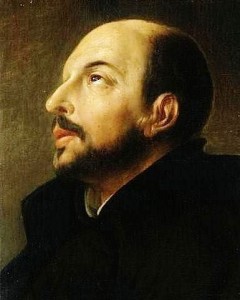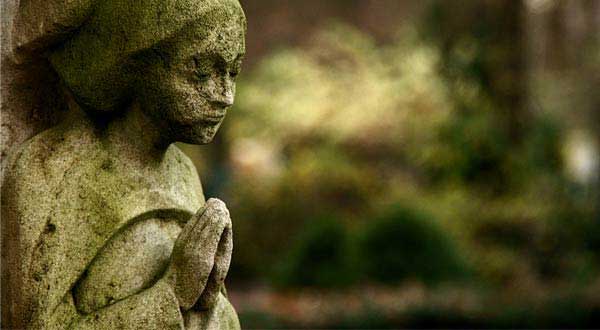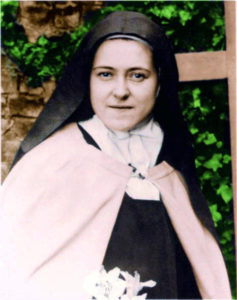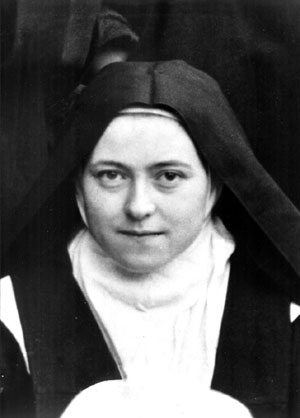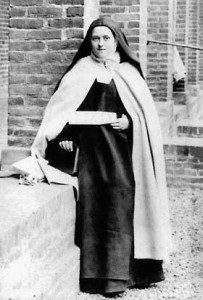Podcast: Play in new window | Download (Duration: 28:29 — 19.6MB) | Embed
Subscribe: Apple Podcasts | Spotify | Amazon Music | Android | Pandora | iHeartRadio | JioSaavn | Podchaser | Gaana | Podcast Index | Email | TuneIn | Deezer | Anghami | RSS | More
 Introduction – Meditation and Contemplation with Fr. Timothy Gallagher
Introduction – Meditation and Contemplation with Fr. Timothy Gallagher
Fr. Timothy Gallagher explains the practice of praying with Scripture through meditation and contemplation in the Ignatian tradition. Rooted in St. Ignatius of Loyola’s teachings, meditation uses reason to reflect on the meaning of Scripture, drawing personal insights and applying them to daily life. Contemplation, on the other hand, engages the imagination to enter a Gospel scene, allowing one to “be present” in the event and encounter Jesus personally. Ignatian contemplation is distinct from the mystical prayer described by St. John of the Cross and is accessible to everyone, regardless of spiritual experience.
Prayer, as defined by Vatican II, is the foundation of the spiritual life, and engaging with Scripture provides strength for faith, nourishment for the soul, and a deep well of spiritual growth. It encourages freedom and personalization in choosing meditation, contemplation, or a blend of both to encounter God in a meaningful way. By reflecting on passages like the Beatitudes or imagining Gospel events like the calming of the storm, believers can engage their hearts in a transformative dialogue with God.
Discerning Hearts Reflection Questions
- The Role of Scripture in Prayer: How can you integrate daily Scripture reading into your prayer life as encouraged by Vatican II?
- Understanding Meditation and Contemplation: Which approach—meditation (reason) or contemplation (imagination)—feels most natural for your prayer, and why?
- Personal Connection to Scripture: How has reflecting on or imagining a specific Gospel passage deepened your understanding of God’s presence in your life?
- Engaging the Heart in Prayer: In what ways can you allow your heart to respond more deeply to the insights and feelings stirred during your prayer with Scripture?
- Freedom and Personalization in Prayer: How can you adapt Ignatian methods of prayer to suit your current spiritual needs and journey?
- Transformative Power of Scripture: Reflect on a time when Scripture provided you with strength, nourishment, or spiritual growth—how did it change you?
- Starting from Prayer: How does this episode’s emphasis on “everything starts from prayer” inspire you to prioritize prayer in your daily life?
Father Timothy M. Gallagher, O.M.V., was ordained in 1979 as a member of the Oblates of the Virgin Mary, a religious community dedicated to retreats and spiritual formation according to the Spiritual Exercises of St. Ignatius. Fr. Gallagher is featured on the EWTN series “Living the Discerning Life: The Spiritual Teachings of St. Ignatius of Loyola.” For more information on how to obtain copies of Fr. Gallaghers’s various books and audio, which are available for purchase, please visit his website: frtimothygallagher.org

